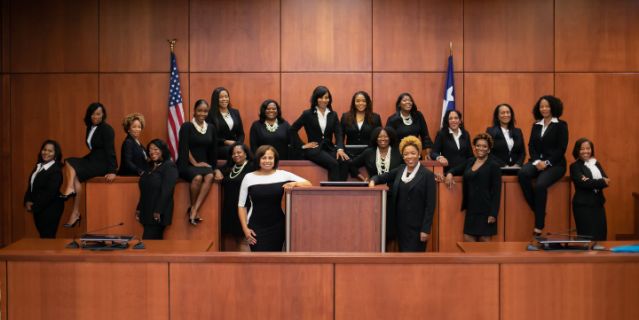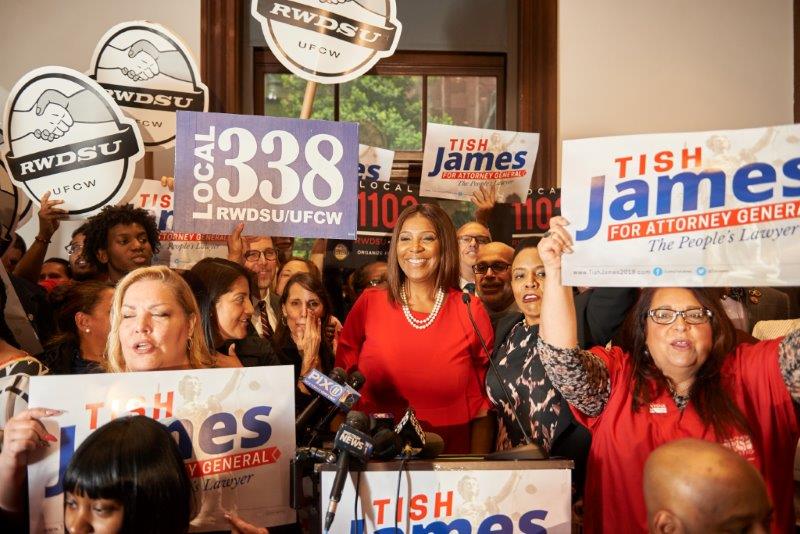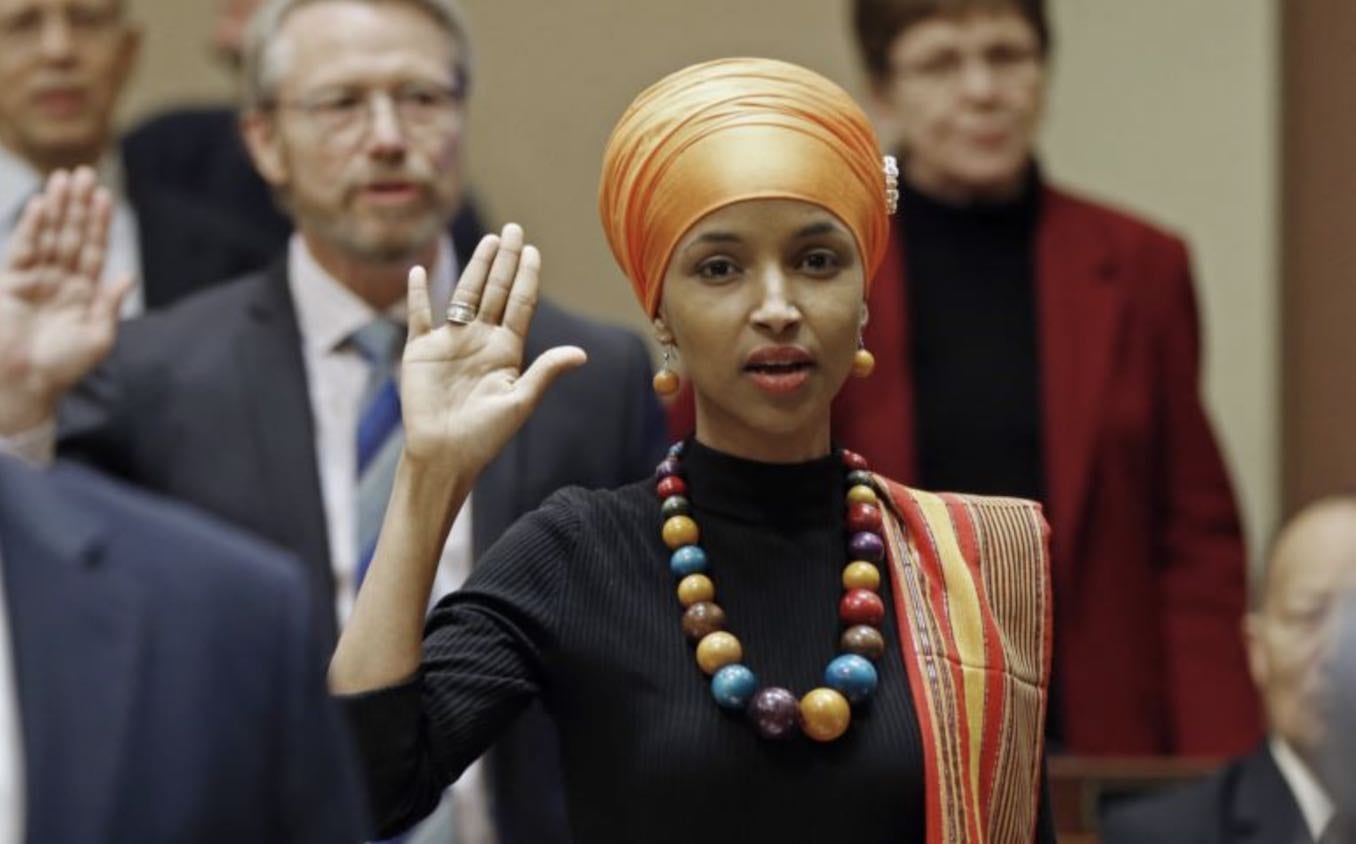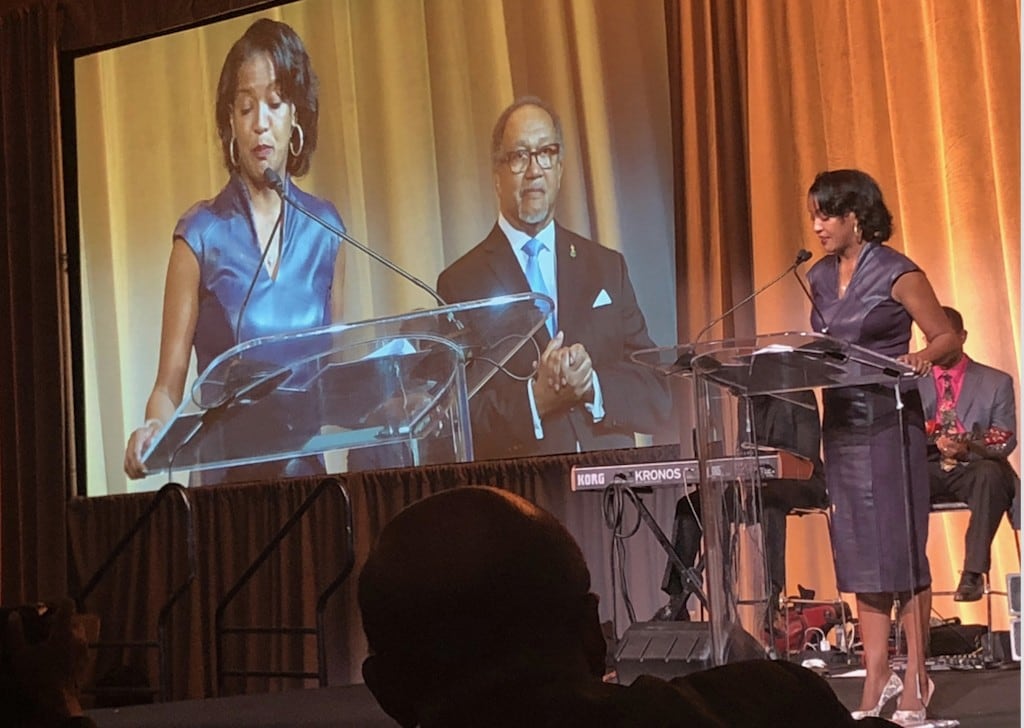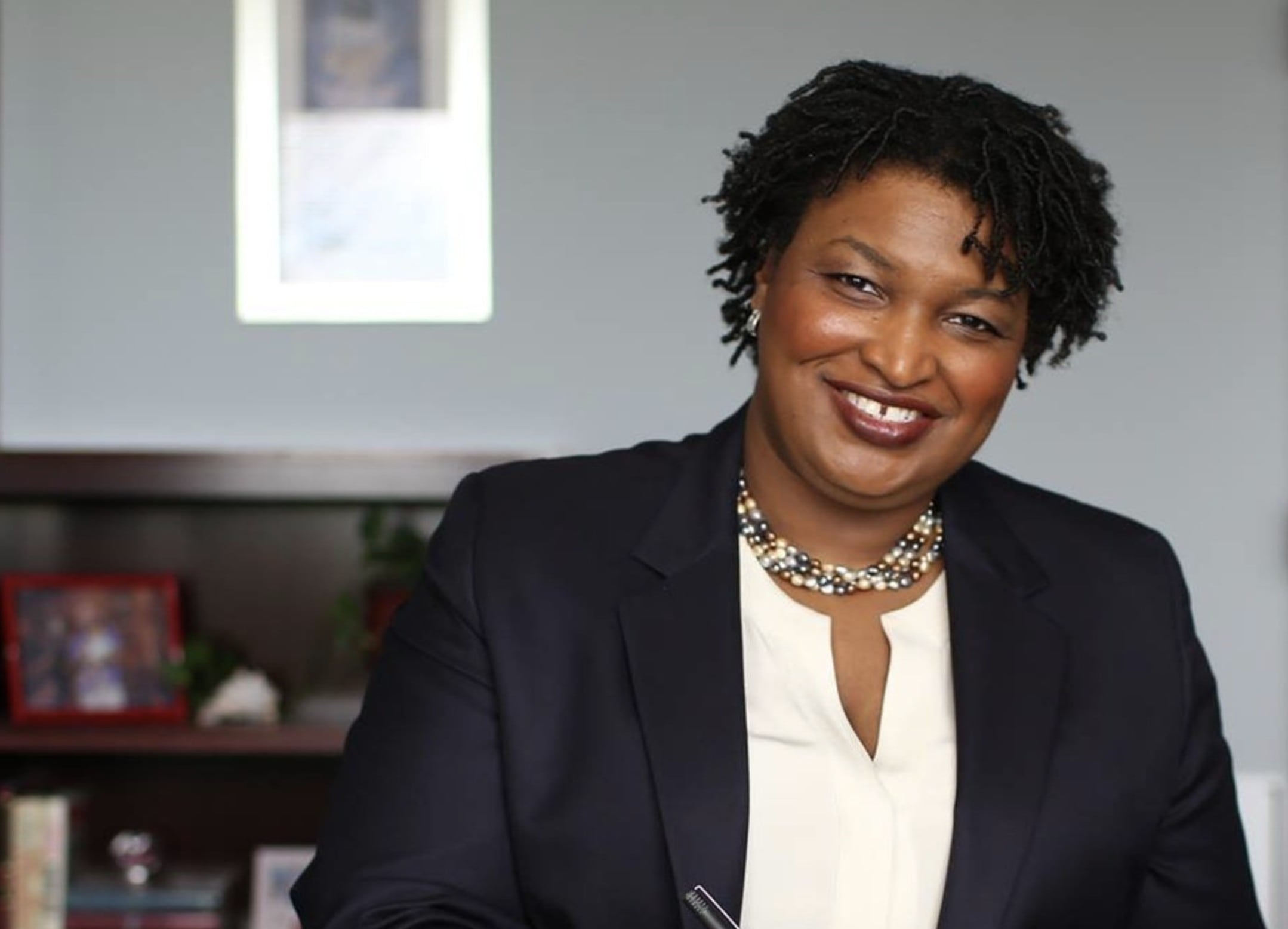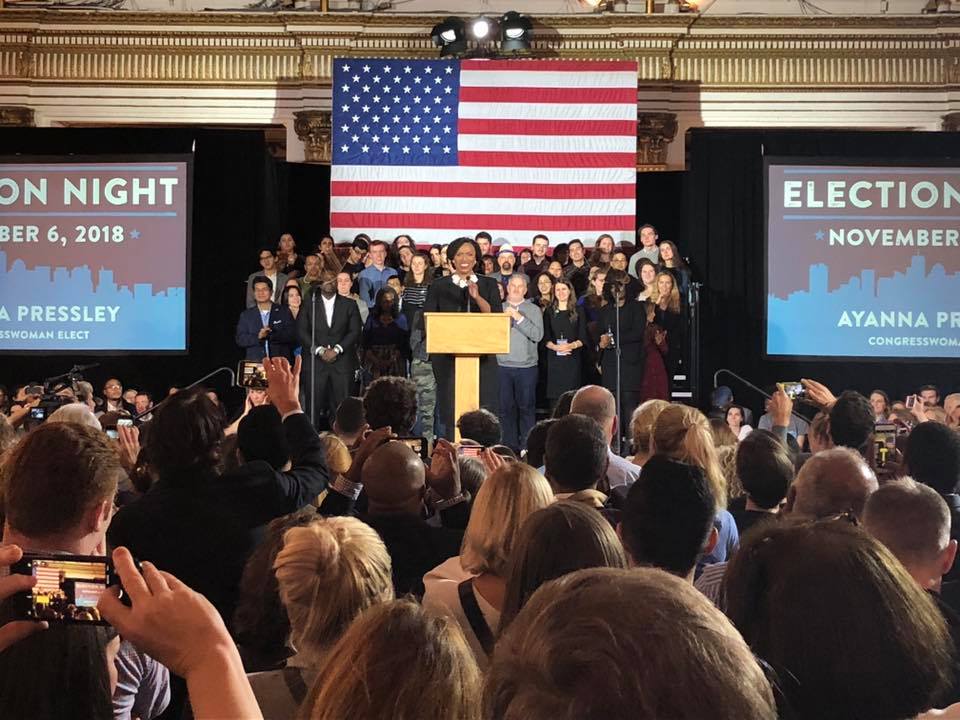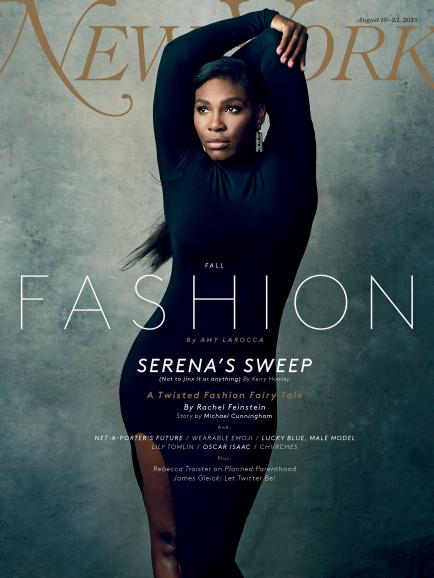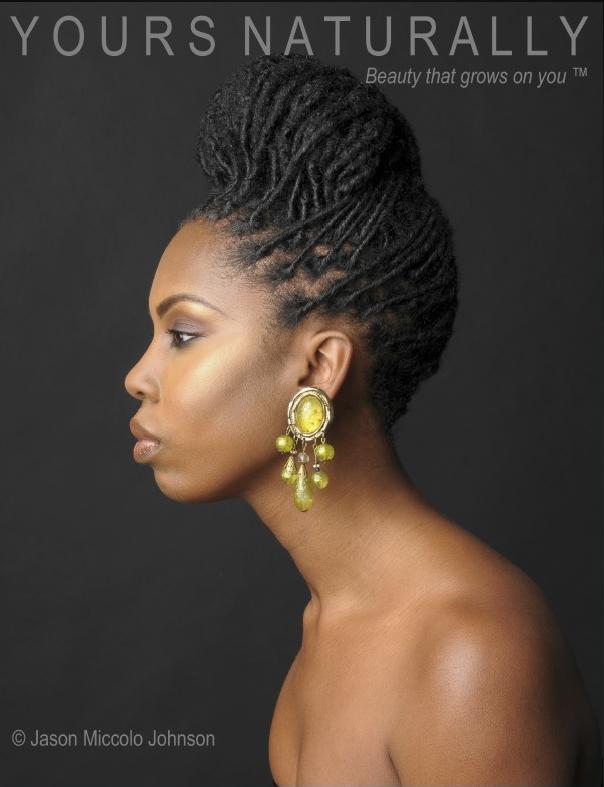For our fifth anniversary, we are celebrating with a year-long look at “The Fierce Factor. The women elected during the 2018 midterm election exemplify this fierceness, illustrating the striking hope and change we’ve witnessed over the last five years and beyond. In this commentary, Mary C. Curtis reminds us how we’ve always taken the lead. After all, we’re unapologetically fierce!
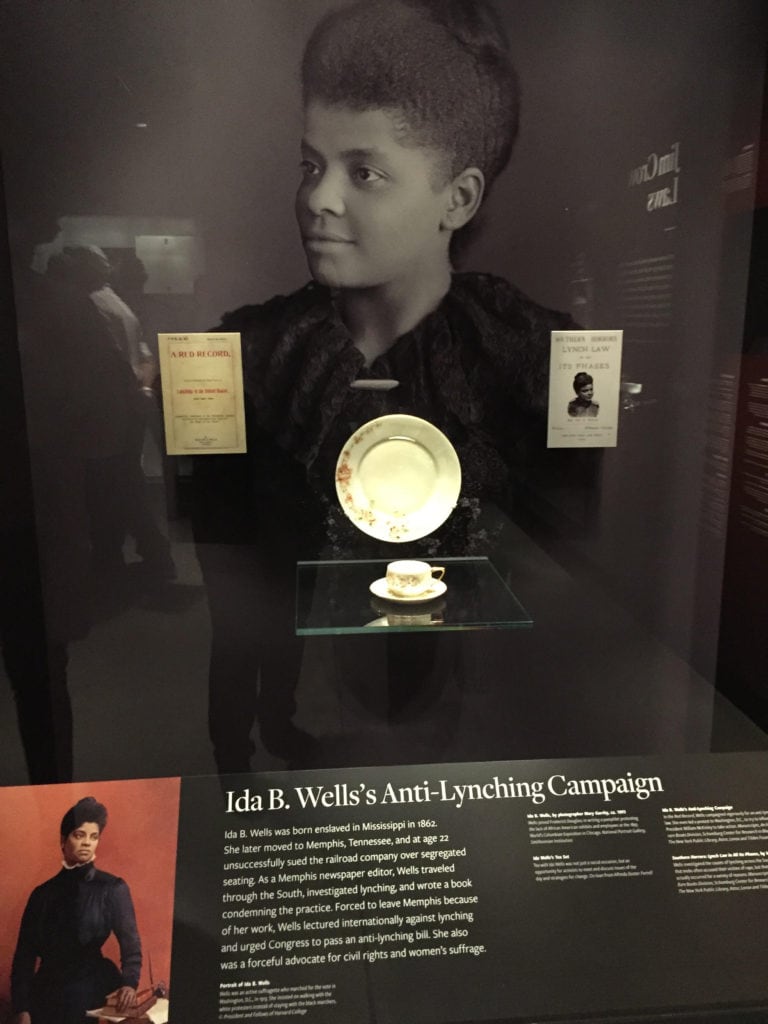
A display on journalist, activist and researcher Ida B. Wells at the Smithsonian National Museum of African American History and Culture. (Photo: Yanick Rice Lamb/Fierce)
You can see the strength and resolve, as well as the beauty, in those historical portraits of Ida B. Wells, the journalist, activist and researcher whose work in the late 19th and early 20th century shed a light on the horror of lynching and so much else. Her actions, undeterred by racism and threats of violence, continued, even when support from those who should have been on her side disappeared. In that, she is connected to African-American women, who have turned to other black women, and ultimately, themselves for guidance and assistance they could depend on.
It is a truism manifested in activism and journalism today, at a time when African-American female reporters asking questions that call our country’s leaders to account are personally maligned by the president of the United States, yet persist with professionalism, and at a time when a diverse slate of elected representatives is heading to Washington with the mandate and mettle to advance policies that will benefit all Americans.
The history of Wells and the African-American pioneers who preceded her reflects not just the triumphs, but also the not always enthusiastic reception that greets black women who dare to lead. By the time of the 1913 Women’s March on Washington, Wells had established herself with bold reporting and commentary in Memphis and her role as a founder of the National Association of Colored Women’s Club, addressing civil rights and women’s suffrage. Still, she and other African-American women were told to march at the back. Wells refused, of course.
It’s true that I cannot know how the white women for whom she had been an ally in the fight for the vote felt about trying to relegate Wells to the shadows. But they should have been ashamed. It’s one of the reasons the feminist label has been looked at with skepticism by some African-American women – that lack of trust and a feeling that loyalty is not always reciprocated.
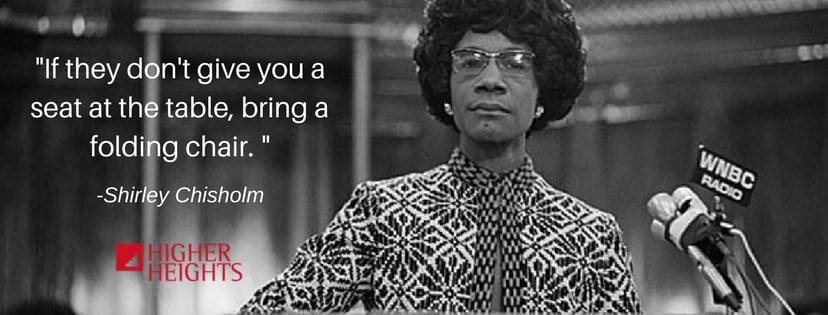
That history is woven through events since then, as the country progresses with inevitable pushback. Fifty years later, one can recognize the history-making achievements of Shirley Chisholm, the first black woman elected to serve in Congress in 1968, who had what some might judge the “audacity” to run for president in 1972. When she announced her candidacy in her home base of Brooklyn, N.Y., she said “I am not the candidate of black America, although I am black and proud. … I am not the candidate of the women’s movement of this country, although I am a woman, and I am equally proud of that.” She said: “I am the candidate of the people of America.” She ran on the slogan “unbought and unbossed.”
Support, even from women and African-Americans, was hesitant, affected by a belief that she was not serious, did not have a chance or had stepped out of her lane. But her campaign helped to make a Barack Obama possible. She would posthumously receive the Presidential Medal of Freedom, the nation’s highest civilian award, from President Obama. Chisholm is the one in the history books, not those comedians who thought her effort an occasion for jokes – I’m looking at you, Redd Foxx, who reverted to evaluating what he considered the only relevant credential, the experienced politician’s “looks.”
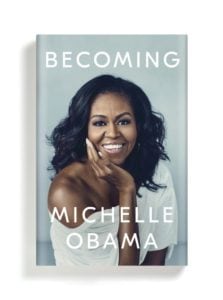 Of course, President Obama got to the White House with a debt also owed to Michelle Obama and her relatable, yet transcendent appeal – something the public has been reminded of as she promotes her new book, Becoming.
Of course, President Obama got to the White House with a debt also owed to Michelle Obama and her relatable, yet transcendent appeal – something the public has been reminded of as she promotes her new book, Becoming.
Knowing history, its own and that of other countries, has never been America’s strong suit. Perhaps that is understandable in a country so impatient with the past and focused on the future. That optimistic view of greatness that lies ahead can be exhilarating. But it can be a weakness when history has so much to teach us – and illustrates pitfalls no country wants to repeat.
Those bumps in the road never seem to stop the African-American women who step forward to lead.
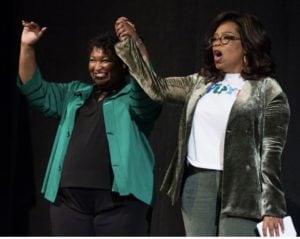
Stacey Abrams’ run for Georgia governor Abrams’ run smooths a path not just for her own future ambitions, but for generations to follow, and Oprah Winfrey was squarely in her corner.
In the 2018 election cycle, Stacey Abrams of Georgia, running to become the first African-American woman elected to be governor in the United States, met the same skepticism in the primary and general election that faced Chisholm. That she came close — with lawsuits still in the works in her bitter race against a man who was candidate and in charge of elections — is due to her knowledge of history, and of the persistence that has propelled black women forward. But though Oprah Winfrey was squarely in her corner, white women voted in overwhelming numbers for her opponent, despite polls showing many more closely agreed with Abrams’ stand on several key issues.
Abrams’ run smooths a path not just for her own future ambitions, but for generations to follow.
And for those African-American women who ran successfully for office in 2018, some while being ignored by leaders in their own party – well, come January, everyone will have to call them “Congresswomen” — not to mention all of those judges in Texas, the attorney general in New York and other barrier-breakers with titles of their own.
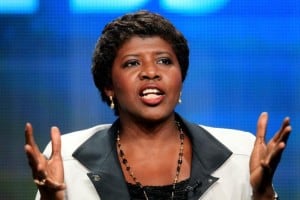
What would Gwen Ifill make of the current political scene?
One wonders what journalist Gwen Ifill would make of the current political scene. It was two years ago that Ifill, co-anchor of PBS NewsHour and host of Washington Week, died of cancer, having blazed trails for journalists who followed her work or had the privilege of working with her. We miss her voice in this divided and complicated time.
But we have her legacy and example, a stop along the line of Ida B. Wells and the rest. They stepped into new spaces and ended up owning them.
Don’t mistake the fact that behind the “black girl magic” is hard work and no small amount of grace.
That’s the way it has always been.
Mary C. Curtis is a columnist at Roll Call, contributor to WCCB-TV Charlotte and NPR, and a senior facilitator with The OpEd Project. She has worked at The New York Times, The Baltimore Sun, The Charlotte Observer and as national correspondent for Politics Daily. Follow her on Twitter @mcurtisnc3.
BARRIER BREAKERS
Fifty years ago, Shirley Chisholm made history as the first black woman elected to serve in Congress in 1968. Then she had what some might judge the “audacity” to run for president in 1972 with the slogan “unbought and unbossed.” Chisholm would be proud to see so many black women stepping forward to lead and making history of their own a half-century later. Check them out in this slide show:
- Registered nurse and health policy expert Lauren Underwood is a newcomer to Congress. She captured 52 percent of the vote to represent Illinois’ 14th district.
- African-American women swept judicial seats in the Houston area in what they called a Black Girl Magic campaign. Now, Harris County, Texas, has 17 new judges.
- Ilhan Omar made history as Minnesota’s first Somali-American state representative. Now she’s the first from her country and first Muslim woman elected to Congress.
- Jahana Hayes, the 2016 National Teacher of the Year, is Connecticut’s first black woman in Congress.
- Stacey Abrams of Georgia set out to become the first African-American woman elected to be governor in the United States.
- Ayanna Pressley became the first black woman from Massachusetts to be elected to the U.S. House of Representatives.
- New York’s new Attorney General Leticia “Tish” Jameshad proclaimed: “I am running to be the People’s Lawyer!”

